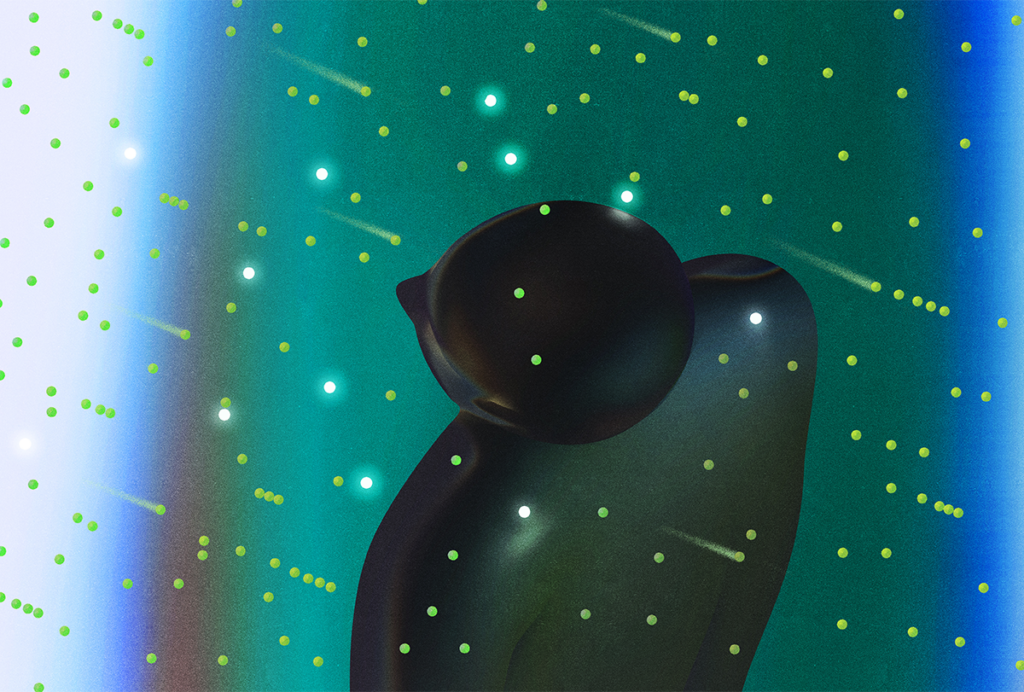Information processing
Recent articles
Explaining ‘the largest unexplained number in brain science’: Q&A with Markus Meister and Jieyu Zheng
The human brain takes in sensory information roughly 100 million times faster than it can respond. Neuroscientists need to explore this perceptual paradox to better understand the limits of the brain, Meister and Zheng say.

Explaining ‘the largest unexplained number in brain science’: Q&A with Markus Meister and Jieyu Zheng
The human brain takes in sensory information roughly 100 million times faster than it can respond. Neuroscientists need to explore this perceptual paradox to better understand the limits of the brain, Meister and Zheng say.
Explore more from The Transmitter
Xiao-Jing Wang outlines the future of theoretical neuroscience
Wang discusses why he decided the time was right for a new theoretical neuroscience textbook and how bifurcation is a key missing concept in neuroscience explanations.
Xiao-Jing Wang outlines the future of theoretical neuroscience
Wang discusses why he decided the time was right for a new theoretical neuroscience textbook and how bifurcation is a key missing concept in neuroscience explanations.
Memory study sparks debate over statistical methods
Critics of a 2024 Nature paper suggest the authors failed to address the risk of false-positive findings. The authors argue more rigorous methods can result in missed leads.

Memory study sparks debate over statistical methods
Critics of a 2024 Nature paper suggest the authors failed to address the risk of false-positive findings. The authors argue more rigorous methods can result in missed leads.
Attention not necessary for visual awareness, large study suggests
People can perceive some visual information even if they do not pay direct attention to it.

Attention not necessary for visual awareness, large study suggests
People can perceive some visual information even if they do not pay direct attention to it.